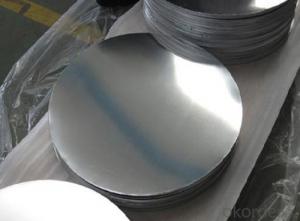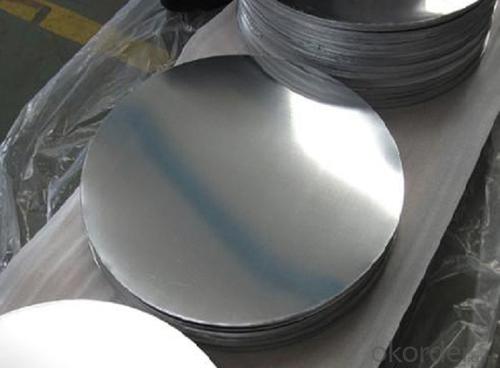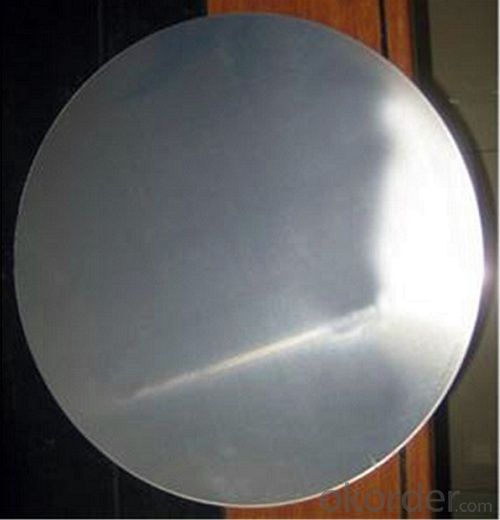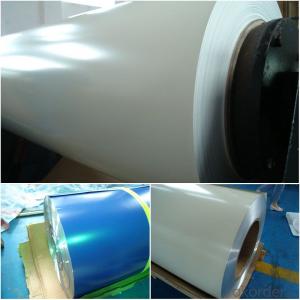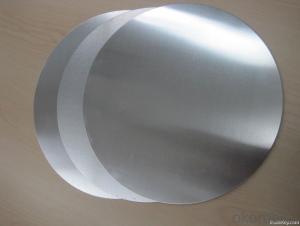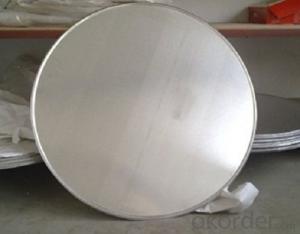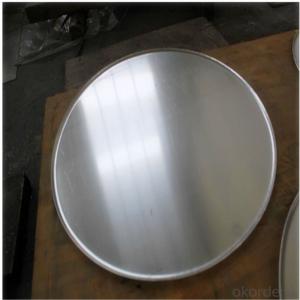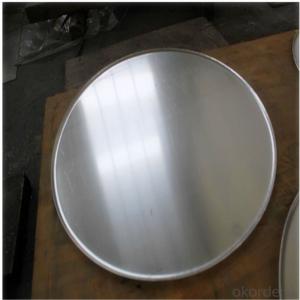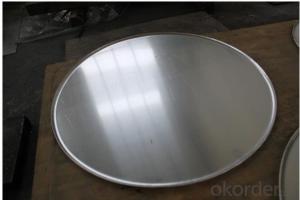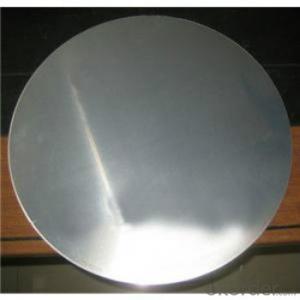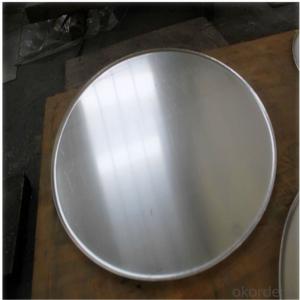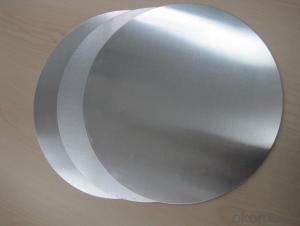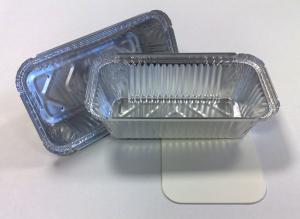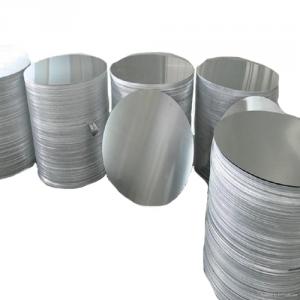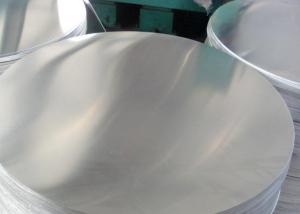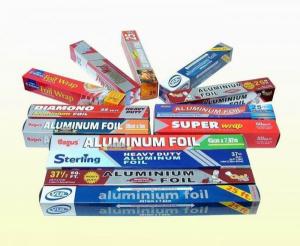Aluminum Non-Stick Aluminum Circles for Press Cookers
- Loading Port:
- Shanghai
- Payment Terms:
- TT OR LC
- Min Order Qty:
- 2.5
- Supply Capability:
- 5000 m.t./month
OKorder Service Pledge
OKorder Financial Service
You Might Also Like
Specification
Non-Stick Aluminium Circles for Press Cookers
l Product Specification:
Material | 1050, 1060, 1070, 1100, 3003, 5052 etc |
Temper | O, H12, H14, H16 etc |
Diameter | 150-1300mm and also can be customized. |
Thickness | 0.5-6.0mm |
Application | aluminum circles are widely used in kitchenware, such as pan, cooker, pot ,also can be used for road sign etc. |
Packing | the aluminum discs are packed by wooden pallet or wooden case which is waterproof and steady. |
Payment | TT or 100% irrevocable L/C |
Lead time | within 35 wording days |
l Packaging & Delivery
Packaging detail: Standard seaworthy exporting carton, Wooden pallets, waterproof paper and plastic coverage or as customer's requirement
Delivery detail: about 25 days from received oiginal L/C or advance payment
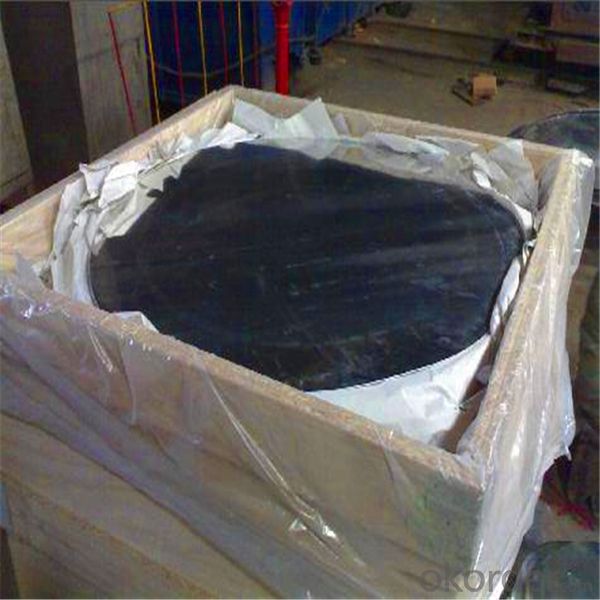
l Company Profile
CNBM International Corporation, China National Building Materials (Group) Corporation, is one of the largest companies in China building material & equipment industry, with 42,800 employees and sales in 2005 of US Dollar 4.395 billion. In 2006, China National Building Material Company Limited was listed on Hong Kong Stock Market with the stock code as 3323. |
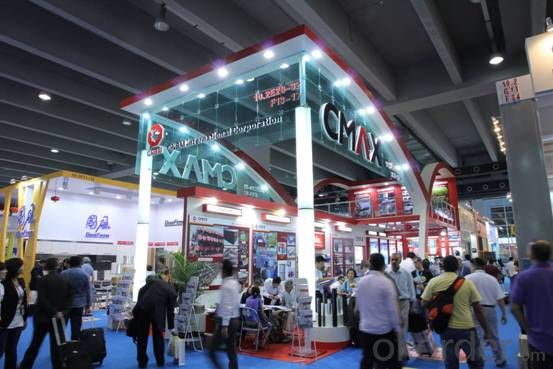
l CNBM World Wide

l Product Images
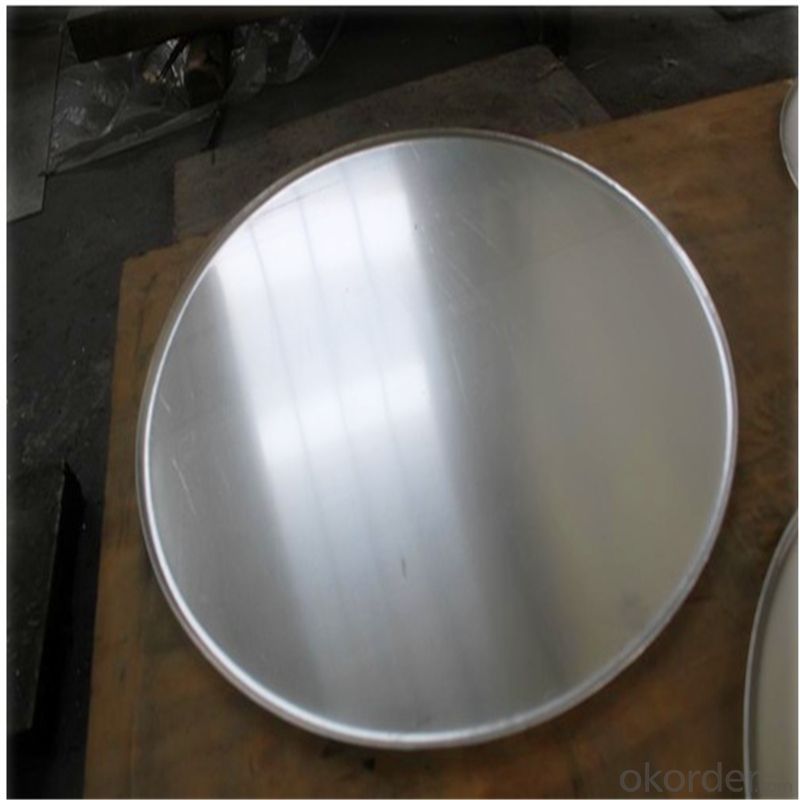
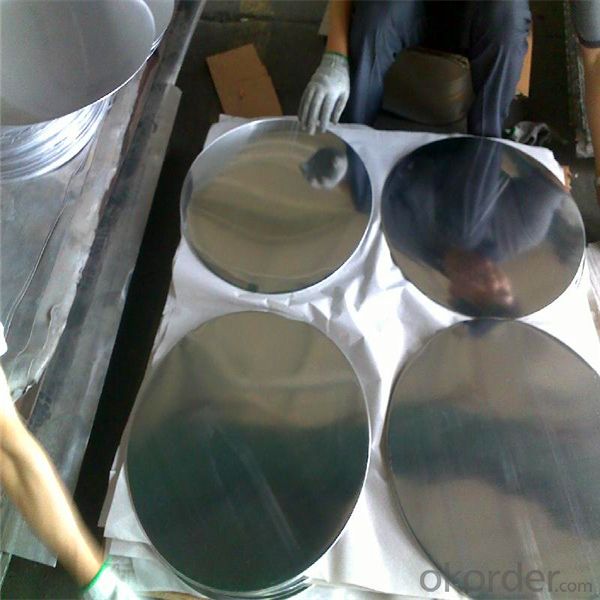
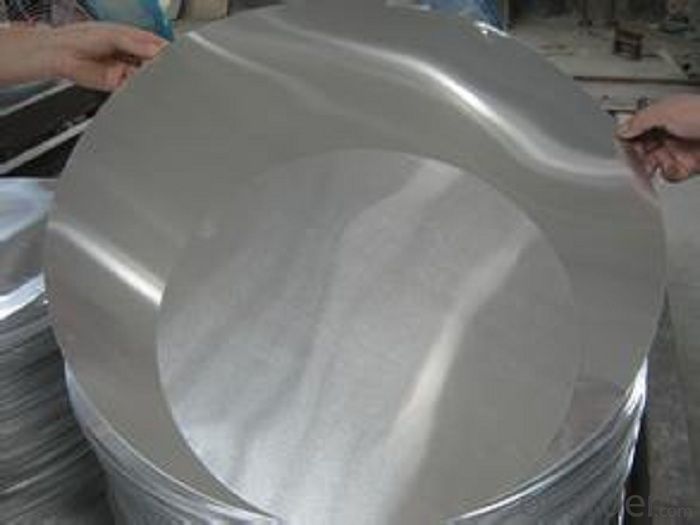
l Certificates
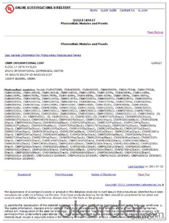
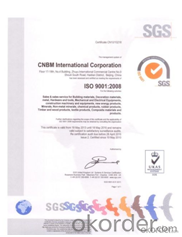
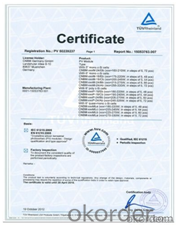
l FAQ
Q: Do you provide free samples?
A: Yes, free samples will be sent to you on freight at destination.
Q: Can I get your latest products catalogue?
A: Yes, it will be sent to you in no time.
Q: What is the MOQ?
A: 2.5 tons
Q: What are your payment terms?
A: We accept L/C, T/T.
- Q: This question asks whether exposure to aluminum can lead to allergic reactions.
- <p>While aluminum is one of the most abundant elements on Earth and is commonly used in various products, most people do not experience allergic reactions to it. However, a small percentage of individuals may have an allergy to aluminum, which can cause contact dermatitis or other allergic responses. Symptoms can include redness, itching, and swelling at the site of contact. It's important for those with known aluminum allergies to avoid products containing aluminum and to consult with a healthcare provider for proper diagnosis and management of their allergy.</p>
- Q: This question asks about the methods used to measure the purity of aluminum.
- <p>The purity of aluminum can be determined through various analytical techniques. One common method is spectroscopic analysis, which includes techniques like atomic absorption spectroscopy (AAS) and inductively coupled plasma mass spectrometry (ICP-MS). These methods can detect trace elements in aluminum, providing a measure of its purity. Another method is gravimetric analysis, where impurities are chemically separated and weighed to determine their concentration. X-ray fluorescence (XRF) is also used for non-destructive testing of aluminum purity. Each method has its advantages and limitations, and the choice depends on the required level of accuracy and the specific impurities of interest.</p>
- Q: Explain the relationship between aluminum and iron in terms of their properties and uses.
- <p>Aluminum and iron are both metals with distinct properties that determine their various applications. Aluminum is lighter, more resistant to corrosion, and has good thermal conductivity, making it suitable for applications such as beverage cans, aircraft construction, and electrical wiring. Iron, on the other hand, is heavier, stronger, and more magnetic, which makes it ideal for construction materials, steelmaking, and electromagnets. They can be combined to form alloys, such as steel, which is an iron alloy with carbon and sometimes other elements, enhancing its strength and durability.</p>
- Q: This question asks if there is a risk of lead contamination from old aluminum cans when they are recycled into new food containers.
- <p>There is no risk of lead leaching from old aluminum cans into food during recycling. Aluminum cans are made of aluminum and do not contain lead. The recycling process involves melting and re-forming the aluminum, which effectively removes any potential contaminants. Lead was used in some can linings in the past, but modern food cans are lined with non-toxic materials. Therefore, recycled aluminum cans pose no lead leaching risk to food safety.</p>
- Q: Can aluminum recycling be done in a closed loop system where the material can be reused indefinitely without loss of quality?
- <p>Yes, aluminum can be recycled in a closed loop system. Aluminum is one of the most recycled materials due to its ability to be recycled indefinitely without losing quality. When aluminum is recycled, it retains its properties, making it suitable for reuse in new products. The closed-loop recycling process involves collecting used aluminum products, melting them down, and then using the recycled material to manufacture new aluminum products. This process can be repeated over and over again, making aluminum recycling highly efficient and environmentally friendly.</p>
- Q: What limitations are there regarding the use of aluminum in food and beverage packaging?
- <p>Yes, there are restrictions on using aluminum in food and drink packaging. Aluminum can leach into food or beverages, potentially causing health issues. Regulations vary by country but generally aim to minimize exposure. For instance, the U.S. FDA has guidelines on the use of aluminum in food contact substances. In Europe, the European Food Safety Authority (EFSA) sets limits on aluminum migration into food. Manufacturers must comply with these regulations to ensure safety and avoid health risks associated with aluminum exposure.</p>
- Q: Is it possible to utilize recycled aluminum in the manufacturing of automobiles and other types of vehicles?
- <p>Yes, recycled aluminum can be used to make automobiles and other vehicles. It is a common practice as aluminum is highly recyclable and retains its properties even after multiple recycling processes. Using recycled aluminum reduces the need for new aluminum production, which is energy-intensive, and contributes to sustainability efforts. Recycled aluminum is often used in vehicle components such as engine parts, body panels, and wheels, due to its lightweight, strength, and corrosion resistance.</p>
- Q: Is it possible to incorporate aluminum in construction materials?
- <p>Yes, aluminum is commonly used in building materials due to its lightweight, high strength, and resistance to corrosion. It is used in window frames, roofing, facades, and structural components. Aluminum's malleability allows it to be shaped into various forms, and it's also recyclable, making it an environmentally friendly choice. However, it's important to note that while aluminum is used in construction, it's often combined with other materials to enhance its properties for specific applications.</p>
- Q: What are the typical applications for aluminum sheet metal?
- <p>Aluminum sheets are versatile and have numerous applications due to their lightweight, corrosion resistance, and strength. Some common uses include construction for roofing and siding, automotive parts such as body panels and heat sinks, packaging for food and beverages, aerospace for aircraft components, and in the manufacturing of electronic devices due to its good thermal conductivity. They are also used in signage, furniture, and various decorative applications.</p>
- Q: What are the various applications of aluminum in the construction industry?
- <p>Aluminum is widely used in construction due to its lightweight, durability, and resistance to corrosion. It is utilized in the manufacturing of window frames, doors, roofing, and facades for its strength and low maintenance requirements. Aluminum is also used in structural components such as beams and columns, and in the construction of bridges and high-rise buildings. Its malleability allows for easy shaping and forming, making it ideal for intricate designs. Additionally, aluminum's thermal conductivity and reflectivity make it suitable for energy-efficient construction.</p>
Send your message to us
Aluminum Non-Stick Aluminum Circles for Press Cookers
- Loading Port:
- Shanghai
- Payment Terms:
- TT OR LC
- Min Order Qty:
- 2.5
- Supply Capability:
- 5000 m.t./month
OKorder Service Pledge
OKorder Financial Service
Similar products
Hot products
Hot Searches
Related keywords
